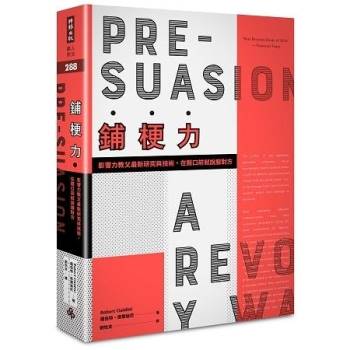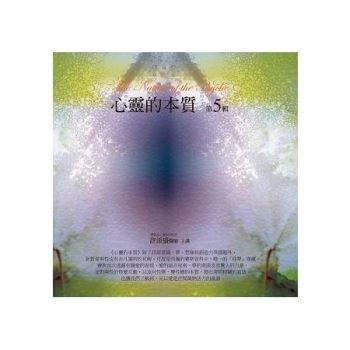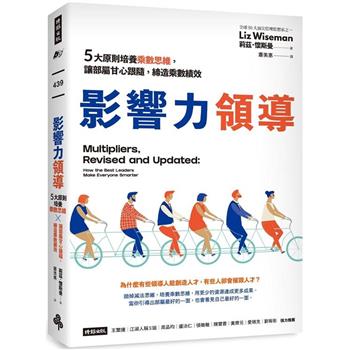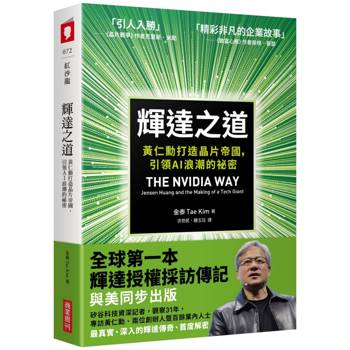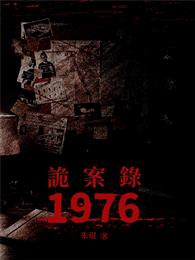The decades following the independences from colonialism saw a pioneering generation of realist novels and films emerge across Africa and South Asia. They told stories of people living through national circumstances fast diverging from the promises of decolonisation.
Subjectivity and Decolonisation in the Post-Independence Novel and Film explores how post-independence texts critique their own political conditions by choosing to narrate a different, but related, problem - that which Ngugi wa Thiong’o once called ’decolonising the mind’. Guided by the psycho-political thought of Frantz Fanon, who maps a dialectical relationship between decolonisation and the self, this book considers how eight well known and less studied works from the 1950s-1980s. Together, they help us understand how the transformation of subjectivities is a materially consequential process that sits squarely within the broader, unfinished project that is decolonisation.
| FindBook |
有 1 項符合
Subjectivity and Decolonisation in the Post-Independence Novel and Film的圖書 |
 |
Subjectivity and Decolonisation in the Post-Independence Novel and Film 作者:Jilani 出版社:Edinburgh University Press 出版日期:2024-06-30 語言:英文 規格:精裝 / 185頁 / 普通級/ 初版 |
| 圖書館借閱 |
| 國家圖書館 | 全國圖書書目資訊網 | 國立公共資訊圖書館 | 電子書服務平台 | MetaCat 跨館整合查詢 |
| 臺北市立圖書館 | 新北市立圖書館 | 基隆市公共圖書館 | 桃園市立圖書館 | 新竹縣公共圖書館 |
| 苗栗縣立圖書館 | 臺中市立圖書館 | 彰化縣公共圖書館 | 南投縣文化局 | 雲林縣公共圖書館 |
| 嘉義縣圖書館 | 臺南市立圖書館 | 高雄市立圖書館 | 屏東縣公共圖書館 | 宜蘭縣公共圖書館 |
| 花蓮縣文化局 | 臺東縣文化處 |
|
|
圖書介紹 - 資料來源:博客來 評分:
圖書名稱:Subjectivity and Decolonisation in the Post-Independence Novel and Film
內容簡介
作者簡介
Sarah Jilani is a Lecturer in English at City, University of London, and a 2021 AHRC/BBC New Generation Thinker. She is the author of several articles on postcolonial literatures and film that have appeared in Textual Practice, Interventions, and Journal of Commonwealth Literature, amongst others, and a widely published culture journalist.
|
